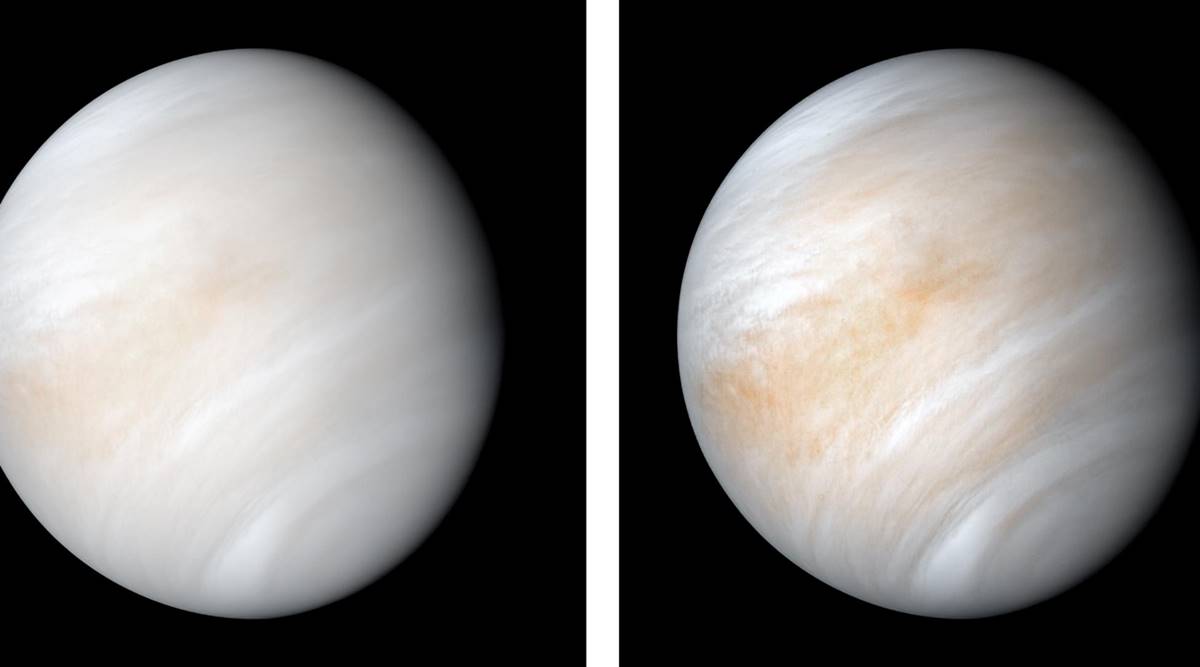 The presence of phosphine in the atmosphere of Venus is something that was not expected and is "unexplained. (NASA/File Photo)
The presence of phosphine in the atmosphere of Venus is something that was not expected and is "unexplained. (NASA/File Photo)The discovery of Phosphine gas on Venus as a potential sign of life on the glittering planet has made many scientists and astronomers ecstatic, but on the contrary to it, a significant question arises whether we are alone in this solar system or is there any form of life substantially existing elsewhere.
Delving into facts produced by the research so far, it becomes quite essential to take those weird happenings on the planet next door with a pinch of salt. Here we note some significant observations regarding the planet based on the inferences drawn from the research.
* With the onset of this new discovery, some overhyped notions of human existence, in future, on Venus may come into foray, but it is indeed a fact that Venusian atmosphere is completely hellish and untenable for human existence. Generally, day temperatures reach as high as 460 degree Celsius, with Sulphuric acid clouds hanging in the air. Despite the claims, that around 3 billion years ago, the oceans on Venus evaporated and disappeared as prevalence of heat trapping gases grew.
* Phosphine gas is generally toxic with a garlic-like smell and is found in the bodies of living beings on earth. It is quite impossible to produce artificially. Its hazardous ramifications are such that, it’s used by terrorists as a chemical agent in warfare.
* As per the research, this gas has been detected on the clouds of Venus, away from the surface of the planet, which may throw some light towards the existence of microorganisms producing it in a conducive environment.
Explained: Reading life signature on Venus
* The information cited in ‘The Atlantic’ claims that this gas was first discovered on Venus from the Earth by Jane Greaves, an astronomer of Cardiff University, through telescope based in Hawaii. The astronomer observed the pattern produced by the light emitted from the gas in the Venusian atmosphere and was able to infer such a conclusion.
How the internet reacted to news of possible life being detected on Venus
* Much skepticism still lying ahead of the scientists who claim that the amount of gas used in the findings is not enough and a consistently rigorous approach has to be made in order to reach an incisive result.